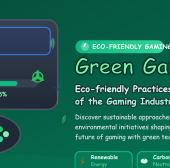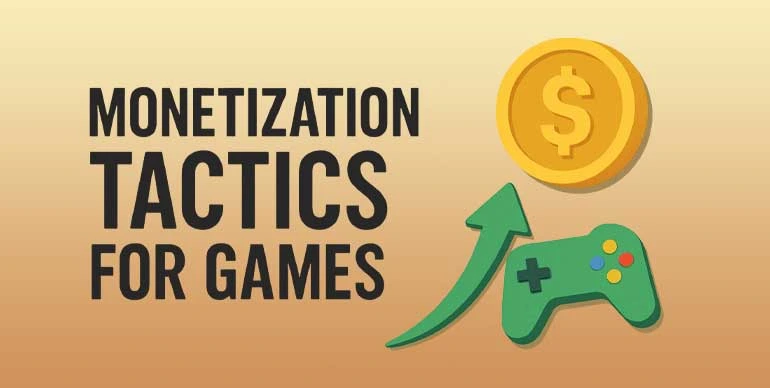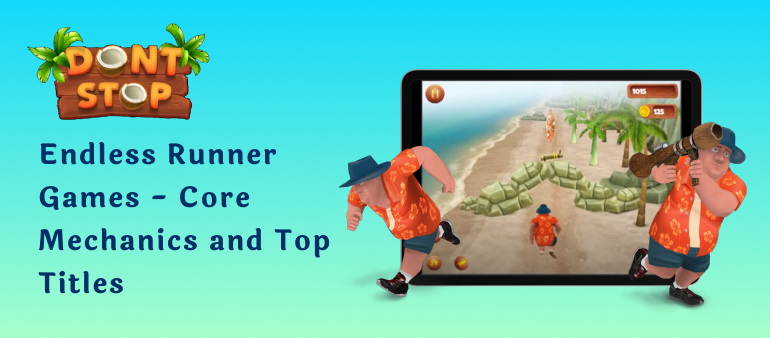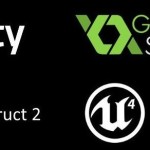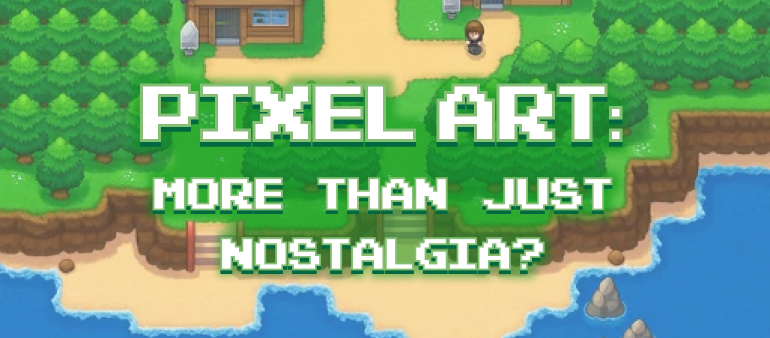So, you have made up your mind to develop a game in C++. Well, that’s a great idea. However, you could use some tips before starting out with the actual development. Where to start, what to work on, how to go about it, etc. Plus, there are multiple game engines available. Should you use these engines, and how? More importantly, is it more relevant to study these engines extensively or learn C++? Read on to know more.
Object-oriented programming
Object-oriented programming is one of the most useful concepts of C++. One of the most common problems in gaming is creating objects in the program code. These objects are used to create and control the things that appear to the player on screen. If the data types offered by C++ were the only data types one could use, controlling a player character would be extremely difficult. However, using C++, we can create data types that represent the things you see on the screen. Say your game includes a fire-spitting monster. To effectively control the monster, we need to define a variable “monster” in the code. This variable will store all information needed to represent the monster in the program. This information might include the monster's current position, how far it can spit, and how many firefruits it has eaten (the more the number of fruits, the farther the monster can spit). Further, when the dragon character moves across the screen, the variable should keep track of its movement direction and speed.
Fast Compilation
Using C++ ensures that games are compiled fast and, in turn, run faster. This is especially important when games have high frame rates or when the game play involves high-speed response.
Fine Tuning of memory and Data Structures
C++ offers strong low-level intervention that allows developers to access and control low-level hardware resources. This may not be very useful in developing business applications, but in developing games, this may come in very handy. This low-level access and programming allows low-level control and allows fine tuning memory allocation and data structures. These functions prove to be very useful in high-performing applications, including games.
Portability
Portability is a significant issue while developing games. With so many gaming platforms having emerged, you don’t want to write a game that operates on a limited number of platforms and lose out on a huge potential client base. And it should not come as a surprise that where portability is concerned, C++ is an obvious choice. All you need are architecture-appropriate compilers.
Development time
Most of the earlier games and gaming engines have already been written in C++. When developing new games, it’s not alway possible or feasible to develop new platforms. Thus, time and again, existing code is taken and upgraded for the new generation. Thus, to save time and cost, old codes written in C++ are taken and rewritten with improvements without switching to other, different languages.
Absence of Garbage Collection
C++ does not employ garbage collection. This can be a boon for games, because if a game were to halt, even for a moment, for garbage collection, it would be a problem. Games with higher frame rates would be especially affected by garbage collection.
Game Engines that support development with C++
Using a game engine is a great way to develop high-performance games, both 2D and 3D. This takes away a huge part of the load of game development from you and lets you focus on what is more important to develop your game.
-
- CryEngine
-
- Lumberyard
-
- OGRE
-
- G3D Innovation Engine
-
- Godot
-
- Torque3D
-
- Banshee Engine
-
- Source Engine
-
- Limon Engine
- idTech
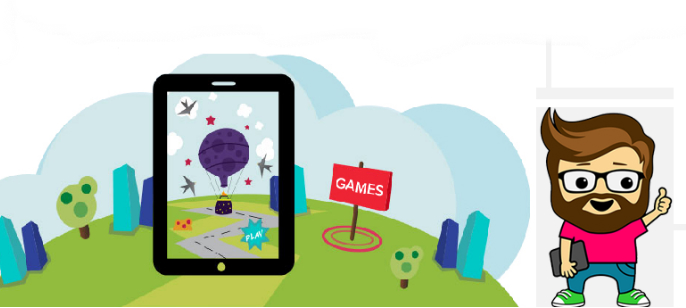
Choose your game library
For the graphical/audio subtleties of your game, picking a library would be much easier than creating one. Game libraries can help you with:
-
- Loading and handling images
-
- Loading and handling audio
-
- Image manipulation
-
- Drawing
-
- Text rendering
- Creating and controlling threads
Define the concept of your game
All games start with an idea. Come up with an idea and expand on it. Think of the Game, players, objective, scoring etc. If you wish for your game to have a storyline, develop it. Create characters and the storyline. It’s important to know that any game, especially the complex ones, develop over time. So it’s ok if you do not have the entire picture in the beginning. Start with an idea, things will fall into place!
Pick an Engine
Unless you’re making a simple board or an arcade game, it’s always better to use a game engine. A game engine is a high-powered library that provides high-level functionality such as physics rendering, resource handling and game entity management. Making an entire game engine can be cumbersome, and sometimes impractical. Use an engine that’s already available and focus on what you want to develop.
Add media (audio and video)
Choose all the images and audio you would like to include in your game. If you can’t create pictures, just download them. A huge number of graphic and audio effects are available on the Internet. They are just a search away.
Write the game
Once you have decided the game engine or framework, you can get on to start writing the game. The writing part will consist of two or three main parts. First, decide the game logic. The game logic will decide iterations, rules, the initial state of the game, and the main loop.
Package and distribute
After everything’s done, it’s time for packaging that game you created. Pack it and start distributing it! Or even better, if you think it's good enough to be sold, sell it!
C++ Game Development with Logic Simplified
Logic Simplified has a long record of developing high-performance games for multiple platforms. Our game app developers for Android, iPhone and Windows mobile games offer expert solutions for creating graphics or writing game logic that can easily be ported to any of these platforms. You can trust us with developing your game, elaborating on the storyline, designing, developing characters, coding and, ultimately, deployment. Get in touch with us or email at enquiry@logicsimplified.com to know more about how we can help you develop your game!
 Get a Quote
Get a Quote


